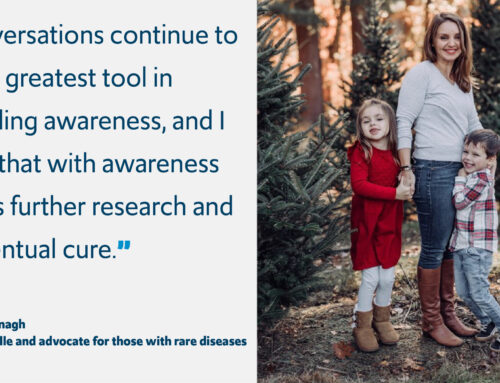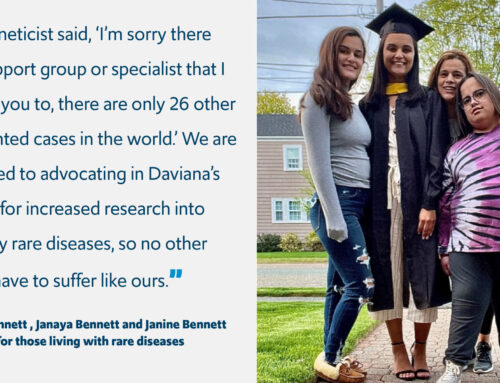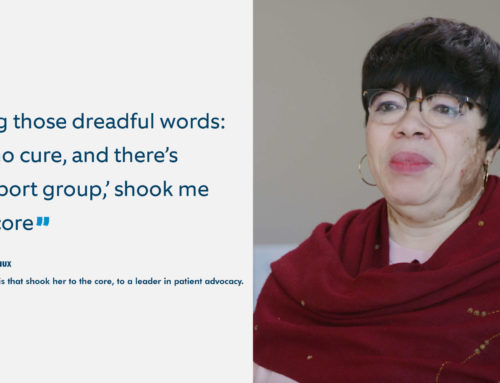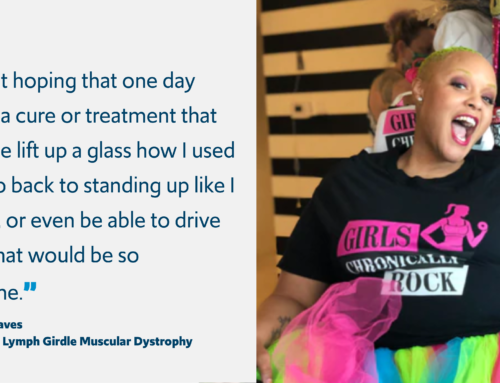My husband, Mike, and I were just 29 years old when he was diagnosed with behavioral variant Frontotemporal Dementia (FTD), a progressive neurological disorder with no known treatment or cure. Our son, Noah, was about to celebrate his first birthday. At a time of growth, our family would learn to live with loss. Four days after my husband received this terminal diagnosis, my mother died unexpectedly from a heart attack in her sleep. She was 58. Seventeen days after her passing, my father was diagnosed with Alzheimer’s Disease. He was 59.
In the span of 21 days, my entire universe shifted. My identity of wife and daughter was now one of caregiver. I was experiencing grief over the loss of my mother while learning how to be a new mother myself. I was mourning the loss of the future I planned for with my husband. I left my career to meet the intense caregiving needs of my family. I lost my home to foreclosure, spent every dime of our retirement savings and benefitted from public assistance to make ends meet.
Dementia had an emotional, physical, financial and professional impact on my life. It redefined my identify. Yet, the origin story of my evolution is not exclusively one of loss. In 2012, when my husband passed away, I realized that I would not be able to move on. I could only move forward. The grief that I experienced created an incredible energy. I had to push that energy outward – into something positive – to make meaning out of our family’s journey. A new career trajectory emerged.
Today, I am raising my voice as a caregiver and as an advocate for persons living with a diagnosis of dementia as a way to incorporate the authentic voice of families into curriculums, research protocols and public policy initiatives. By advocating for expanded services to meet the needs of young-onset families and increased funding for Alzheimer’s and related dementia research, I am raising awareness, funds and hope that the cure of tomorrow is not so far from the care of today.
Katie Brandt – advocate for persons living with a diagnosis of dementia and their families





